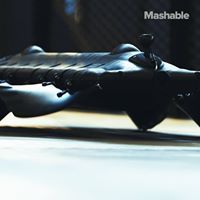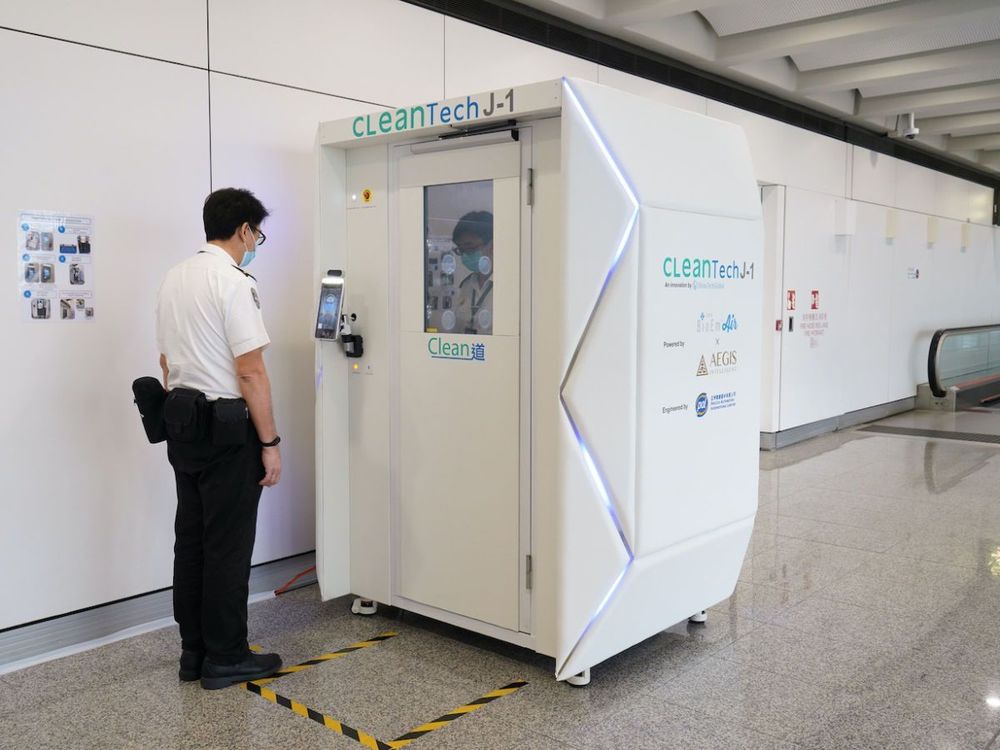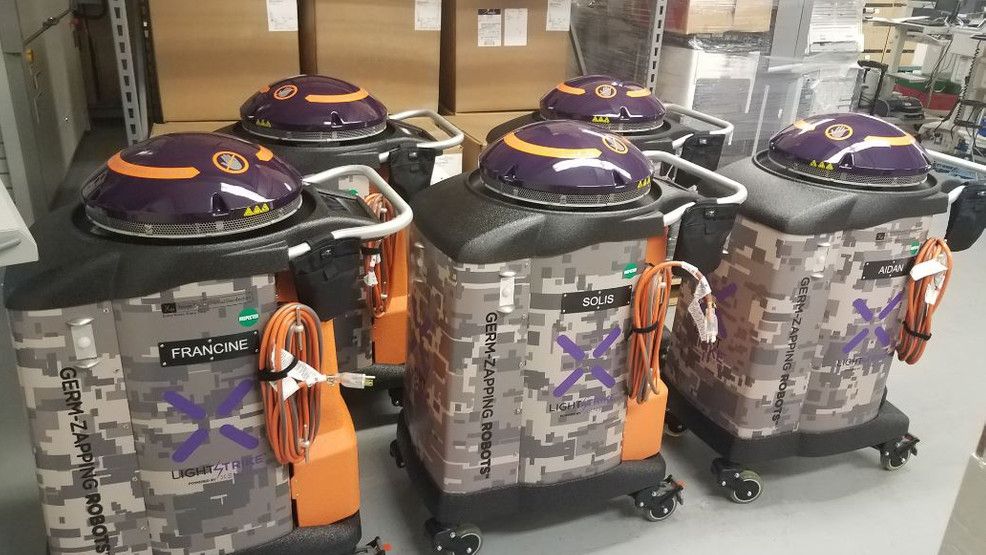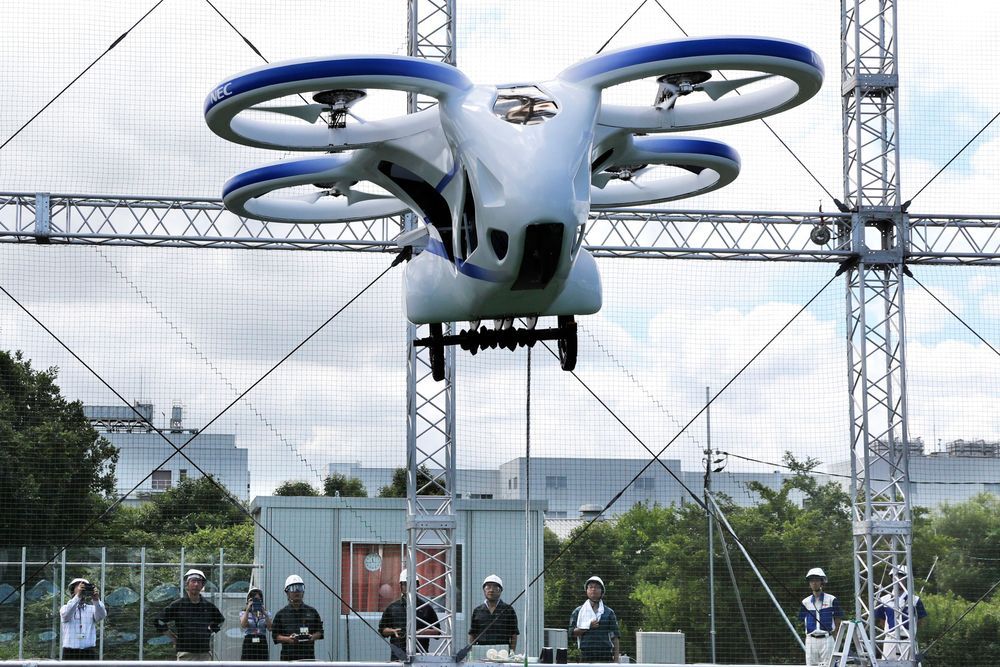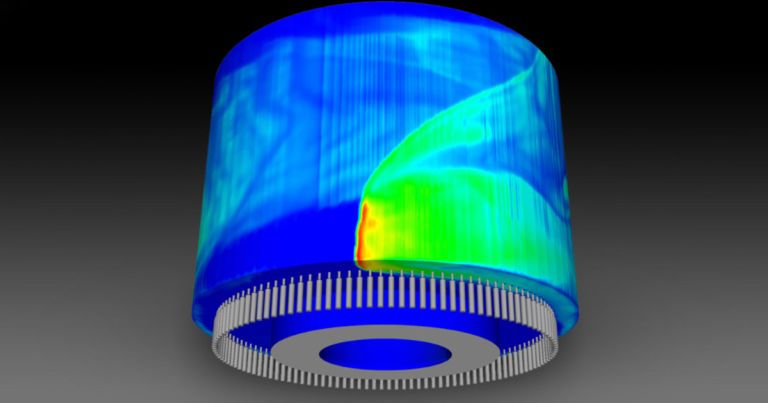COVID-19 can remain in the air in closed spaces.
Tras la propagación del virus, científicos se han dedicado a comprobar si es posible el contagio por medio del aire
Investigadores del laboratorio Estatal de Virología de la Universidad de Wuhan indicaron que debido a la pandemia causada por el creciente número de contagios por coronavirus, distintos estudios se han dedicado a comprobar si es posible el contagio por medio del aire.
De acuerdo con el estudio publicado en la revista Nature, el coronavirus puede permanecer en el aire de los espacios que carecen de ventilación, es importante mencionar que el mayor factor de riesgo es el contacto con las gotículas de una persona infectada.

